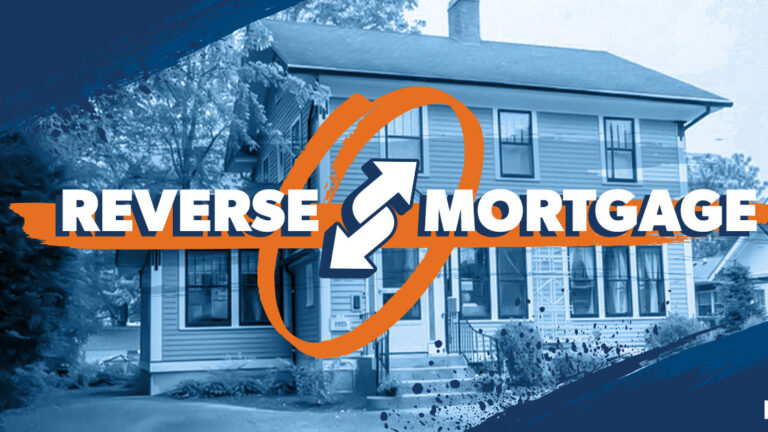
Understanding the Situation
When a spouse who is a co-borrower on a reverse mortgage passes away, the surviving spouse faces a complex situation. The steps you need to take depend largely on whether you are a co-borrower or a non-borrowing spouse. Understanding the implications and options available can help ensure you make informed decisions and manage the reverse mortgage effectively.
Steps for Co-Borrowers
- Continue Living in the Home:
- If you are a surviving co-borrower, you have the right to continue living in the home. To retain this right, you must continue to meet all loan obligations, including paying property taxes, homeowners insurance, and maintaining the property in good condition.
- No Immediate Repayment Required:
- One of the key benefits of being a co-borrower is that you do not need to repay the reverse mortgage loan immediately. The loan only becomes due and payable if you move out of the home, sell the home, or pass away. This provides significant peace of mind and stability during a challenging time.
Steps for Non-Borrowing Spouses
- Eligibility for Continued Occupancy:
- Non-borrowing spouses have specific protections under HUD guidelines. If you meet the eligibility criteria set by HUD, you can remain in the home after the borrowing spouse’s death without needing to repay the loan immediately. These criteria typically include being married to the borrowing spouse at the time the reverse mortgage was taken out and continuing to live in the home as your primary residence.
- Notify the Lender:
- It is crucial to inform the lender about the death of the co-borrower as soon as possible. This notification will prompt the lender to update the loan status and provide you with information on your options. Failure to notify the lender promptly can result in complications or misunderstandings regarding the loan.
- Financial Planning:
- As a non-borrowing spouse, it is important to carefully consider your financial situation and plan for ongoing obligations such as property taxes, insurance, and maintenance costs. Working with a financial advisor can help you develop a sustainable plan to ensure you can remain in the home without undue financial stress.
General Management Tips
- Stay Informed:
- Regularly review and understand the terms of your reverse mortgage. Keeping yourself informed about the specifics of your loan agreement, any changes in regulations, and your obligations as a borrower or non-borrowing spouse is essential. Open communication with your lender can help you stay on top of any important updates or requirements.
- Financial Counseling:
- Seeking the guidance of a financial counselor can be immensely beneficial. A counselor can help you navigate the complexities of reverse mortgages, plan for future expenses, and manage loan obligations effectively. They can also assist in exploring other financial strategies to enhance your stability and security.
- Estate Planning:
- Updating your estate plan is a crucial step following the death of a spouse. Ensure that your estate plan accurately reflects changes in homeownership and outlines your wishes regarding the property. Proper estate planning can help prevent legal issues and ensure that your intentions are honored.
Conclusion
Managing a reverse mortgage after the passing of a spouse involves understanding your rights and obligations, whether you are a co-borrower or a non-borrowing spouse. By staying informed, seeking professional advice, and planning carefully, you can navigate this challenging situation with confidence and security.


